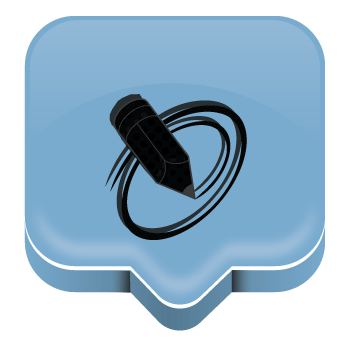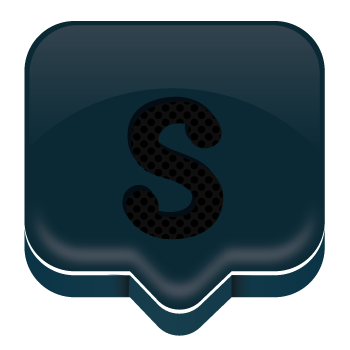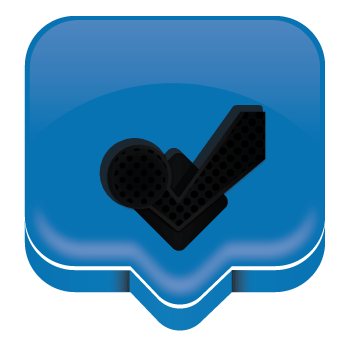Protect yourself from phishing attacks
Posted in Protect yourself from phishing attacks
The term 'phishing' derives
from the idea of fishing -- fishing for information.
It refers to a type of internet fraud that attempts to collect sensitive
financial information. Typically, a fraudulent email is used for this. The
fraud disguises as a trustworthy entity to trick people into revealing
information such as user name and password, address and phone number, PAN card
number, date of birth, ATM/Credit card number, card validation code, etc. They
lure the unsuspecting into financial ruin.
According to the Anti-Phishing Working Group, an international consortium,
there were at least 115,565 unique phishing attacks worldwide during the
second-half of 2013. These attacks were carried out by using 82,163 unique
domain names, which were registered maliciously. Top five top-level domains
used for the purpose were .COM, .TK, .PW, .INFO, .NET, and .CF. The targets
mostly included large and small banks in Latin America, India, and the Arab
world. It appears that almost any enterprise with an online presence can be a
phishing target -- the report adds.
Phishers use different
disguises, methods and mediums -- they can approach you as a credit card
company or an online shopping site. Besides deceptive emails, fax and phone
calls can also be used. Sometimes great sounding offers are used as baits. They
also try to steal data from your PC by injecting malware as email attachments
or downloadable files. Sometimes, a link is mentioned and clicking on it can
lead to a copycat website that is identical to your bank's website, and when
you 'update' your information on that site, it goes to the phishers.
So, be cautious. Never
disclose sensitive financial information to anyone, even if the mail appears to
come from a bank or a business you usually deal with or even when the website on which you are asked
to provide information appears authentic. Never download files or open
attachments sent to you from unknown senders. Don't get misled when you receive
a message like this: "We recently upgraded our online banking
security system, confirm your log-in details"; don't panic when
you get a pop-up warning: "Your computer has been compromised! Click here
to download a security fix!"; and don't get lured by offers like:
"Win a free iPad!"
For a small business phishing
attacks could mean financial ruin, so always follow strict online safety
practices. Use an advanced security software package that detects not only
viruses and spam but also malware and suspicious e-mail attachments. Always use
strong passwords, encrypt all sensitive information, use appropriate backup
solutions, and also educate your employees about internet safety and latest
threats. And never forget the basic rule -- keep your secrets secret.














0 comments: